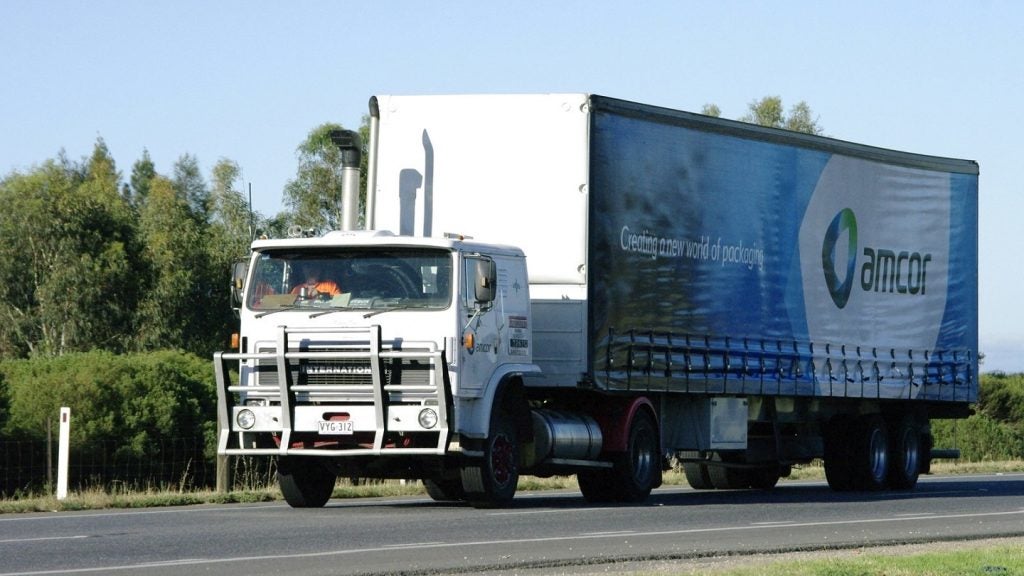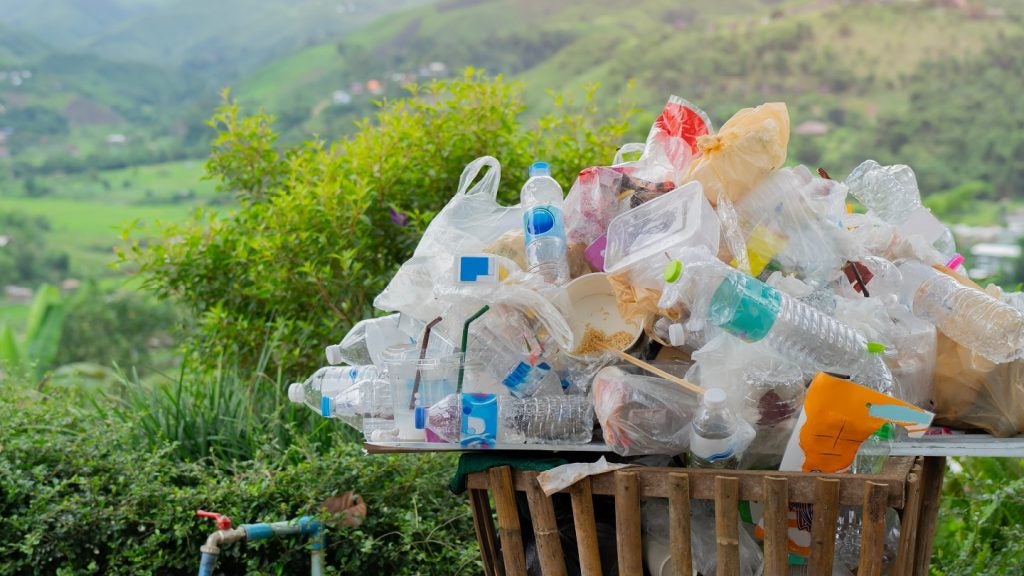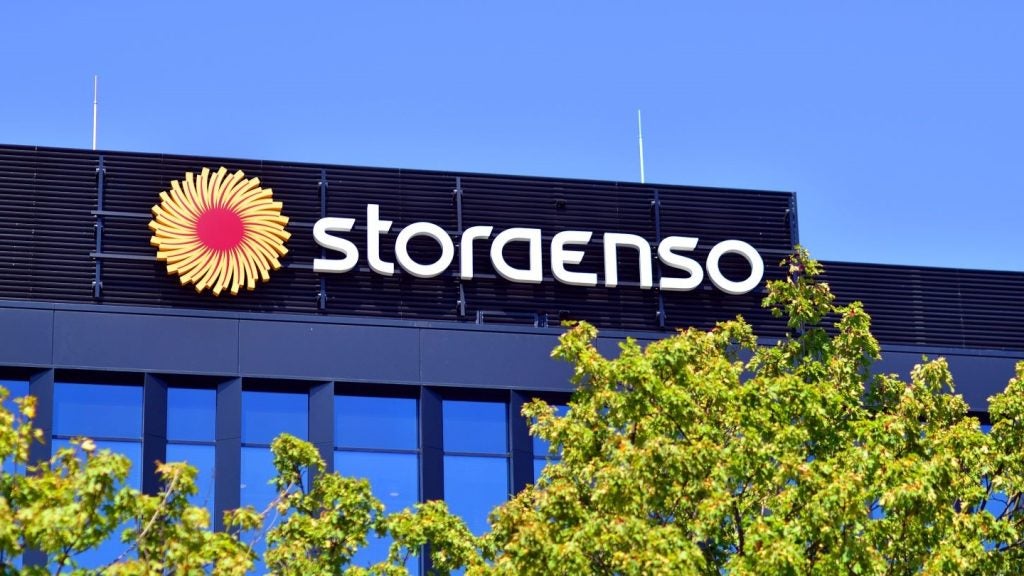Amcor, a sustainable packaging solutions producer, has released its Decarbonisation Roadmap, outlining its strategy to lower greenhouse gas (GHG) emissions.
The roadmap introduces a '4 + 1' decarbonisation strategy, focusing on renewable electricity, supply chain, recycled content, and product redesign, with the '+1' lever aimed at enhancing operational efficiency.
The company is committed to transitioning to renewable electricity sources and working with its suppliers to meet sustainability standards and achieve decarbonisation goals.
Amcor also aims to increase recycled materials in its products and innovate designs to reduce their carbon footprint.
The +1 lever will target scope 3 emissions, including waste and water management, and promote energy efficiency and equipment electrification.
Amcor said that its new decarbonisation targets are in line with the latest climate science, which seeks to limit the global temperature rise to 1.5°C.
These targets are claimed to have been validated by the Science Based Targets initiative (SBTi).
Amcor interim CEO Peter Konieczny said: "Sustainability is a constant motivation for everyone at Amcor - we want the environment to be better off because of our leadership and products.
"We have been successfully reducing our carbon footprint for years and this Decarbonisation Roadmap will help us and our partners make faster and longer-lasting progress."
Since 2008, Amcor has been monitoring and reporting on the environmental impacts of its operations.
In financial year 2023 (FY23), the company achieved significant milestones, including 22 Amcor sites reaching 100% renewable electricity use and a 10.2% reduction in absolute GHG emissions compared to FY22.
The company also reported a 54.6% reduction in absolute scope 1 and 2 GHG emissions from the 2022 baseline year, alongside a 244% increase in renewable electricity compared to FY22.
Additionally, the company highlighted that 95% of its rigid packaging by weight was recyclable in practice and at scale.
Recently, Amcor announced a 7% decline in net sales for FY24, with figures dropping to $13.64bn from $14.69bn the previous year.















